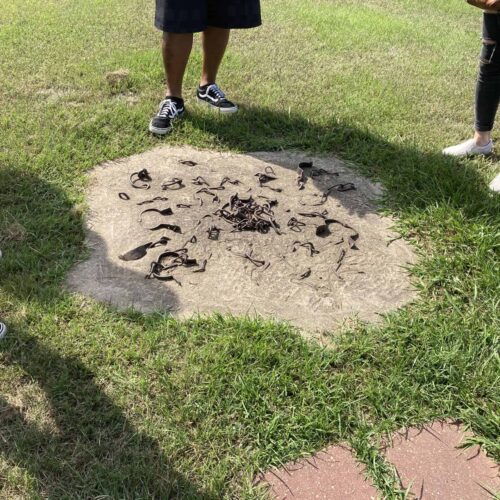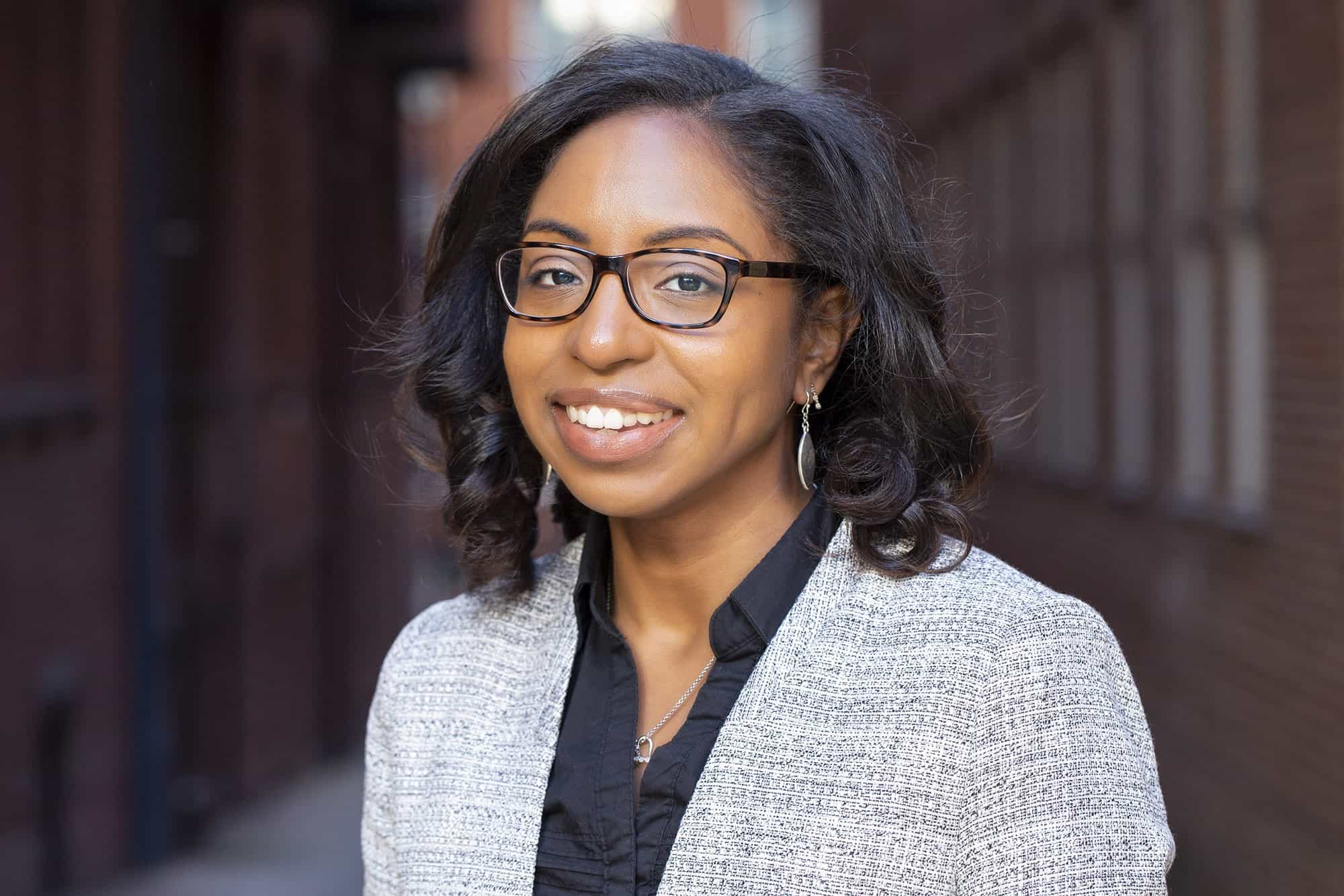Introduction
The legacy of slavery looms large in the rural South.
After the Civil War, Jim Crow and a sharecropping system robbed Blacks of wealth and power. Violence and other government-sponsored segregation disenfranchised many Black Southerners until a critical triumph of the Civil Rights movement — the Voting Rights Act of 1965. That same year, Medicaid was born.
But Southern politicians of the time opposed civil rights legislation. Making Medicaid a state-run program helped to address their concerns about federal overreach.
In the South, racism and poor health have always been linked.
“The ill health of African descendants, and a lot of poor whites for that matter, is directly tied to these economics, racial discrimination and white-controlled systems that emerged from slavery through Jim Crow through sharecropping through Jim Crow today,” said Ser Seshsh Ab Heter-Clifford M. Boxley, a local historian based in Natchez, a port city along the banks of the Mississippi River in southwest Mississippi.
In coming weeks, the Center for Public Integrity will take a deeper look at the root causes of health inequities in the South by exploring two rural Black communities. One is in Louisiana, the only Deep South state to have expanded Medicaid. The other is across the river in Mississippi, which has not.
Early in their history, both Madison Parish, Louisiana, and Jefferson County, Mississippi, grew rich because of the free labor of enslaved African Americans working on cotton plantations. But their populations dwindled as machines took over agriculture and modern industries took root elsewhere. Now they are among the Blackest and poorest counties in the U.S. Diabetes, high blood pressure and obesity are common.
“We’re already at the bottom of the barrel,” said Kelvin T. King, a member of the board of supervisors in Jefferson County. “Without a healthy population, you can’t grow.”
Congress is currently negotiating a $1.85 trillion spending bill that includes a framework for expanding health insurance coverage to millions of Americans who are mostly low-income people of color. The measure would provide uninsured people with household incomes below 138% of the federal poverty level, or $36,570 for a family of four, subsidized insurance coverage via Healthcare.gov. The benefits would be effective for four years, between 2022 and 2025.
Those who could benefit live in a dozen states — including Mississippi, Texas and six others in the South — that have refused to expand Medicaid coverage under the Affordable Care Act. As a result, the twelve are turning down federal financial incentives and are not helping their working poor afford health insurance. So far, 38 states and the District of Columbia have approved Medicaid expansion.
According to Laura Harker, a senior policy analyst with the Center on Budget and Policy Priorities, a think tank dedicated to reducing inequality, many of these states “have a long history of policy decisions, based on racist views of who deserves to get health services.”
Southern states have long represented large Black populations. Before the Medicaid program, few states in the Black Belt, the region whose large enslaved population built a thriving plantation economy on its rich soil, participated in federal health programs to pay for the healthcare expenses of low-income residents. The Medicaid program was an “afterthought” when enacted in 1965.
Studies show opposition to Medicaid expansion is often linked to racial bias and resentment. State governors are more likely to be rewarded politically when expansion benefits large shares of white beneficiaries. But expansion garners less support in states with lots of Black people, relative to when governors expand in states with largely white Medicaid populations.
White Americans are less likely to support Medicaid expansion, but their support is pivotal to whether expansion happens, said Jamila Michener, author of “Fragmented Democracy: Medicaid, Federalism and Unequal Politics.”
“Just because a program is available on a colorblind basis to everyone that’s eligible for it doesn’t mean that it's off the hook for thinking about how patterns of racism and racial bias can operate through various channels to shape who has access to it and who doesn't,” Michener said.
Soon, Congress will decide whether more low-income people can get affordable access to health insurance, whether they live in the Deep South or anywhere else.
Help support this work
Public Integrity doesn’t have paywalls and doesn’t accept advertising so that our investigative reporting can have the widest possible impact on addressing inequality in the U.S. Our work is possible thanks to support from people like you. Donate now.
Read more in Inside Public Integrity
Criminalizing Kids
Students wanted police out of schools. The replacements have guns.
‘We’re targeted because of who we are’: Schools across the country are rethinking police on campus. Two students in Denver explain why they’re pushing for change.
Criminalizing Kids
Addressing school safety fears could have unintended consequences
The state of Virginia reports students to law enforcement at the highest rate in the nation. The next governor wants more police in schools.



Join the conversation
Show Comments